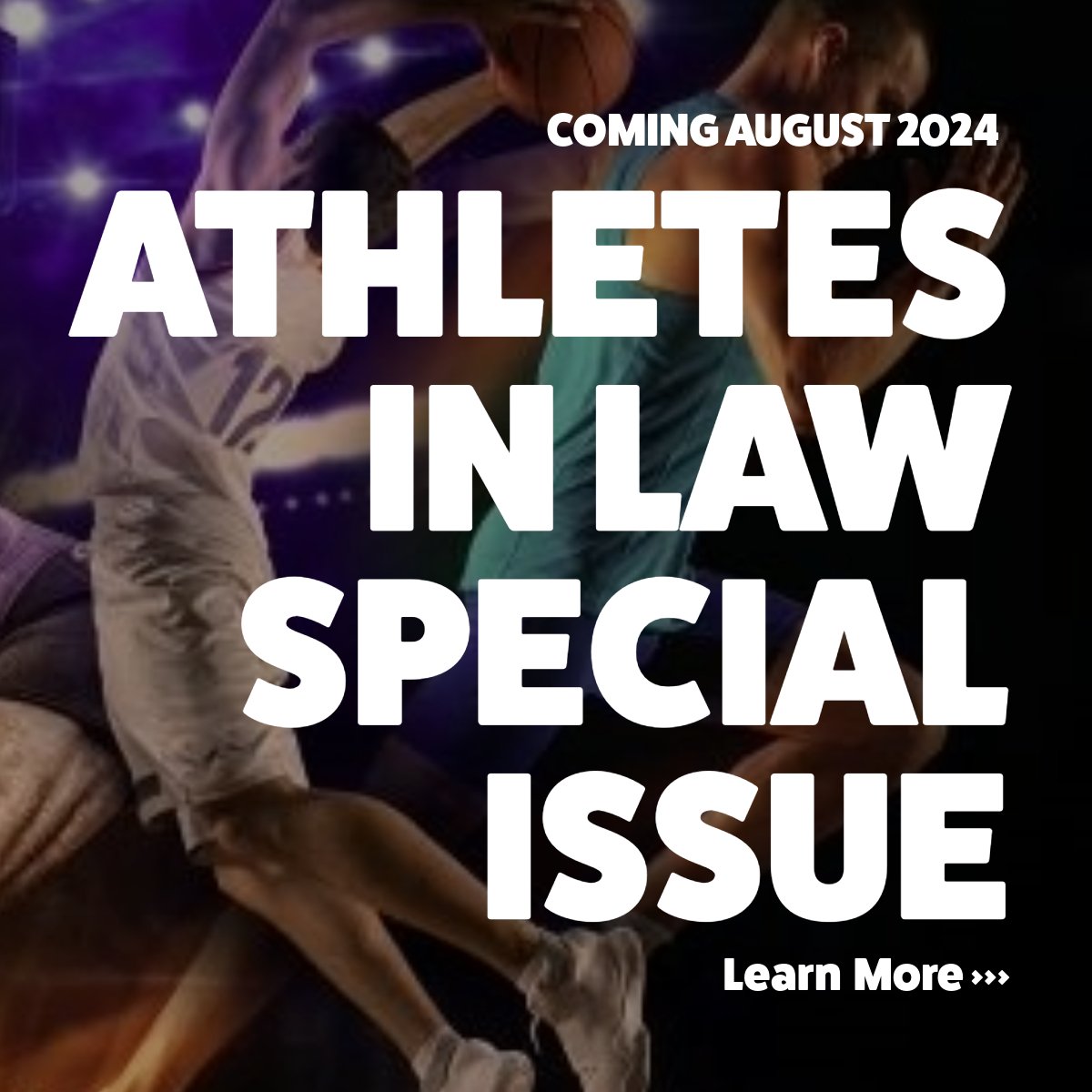It is 2024, and artificial intelligence (AI) is taking the world by storm. Do you have a question you need answered? AI can help with that. Do you have a photo you want edited? AI can help with that, too. Do you have a hankering for pancakes, but no pancakes handy? Unfortunately, it is unlikely that AI can help with that; although, it would not be surprising if that answer changes by the end of 2024. AI is rapidly developing, and no one quite knows what its limitations will be (if any).
Numerous AI tools already exist and are at our disposal, which raise a number of questions for lawyers. Can lawyers use AI tools in their practice? If so, to what extent? Are there certain tasks a lawyer should be using AI for? Are there certain tasks a lawyer should not be using AI for? There is one answer to all these questions, and of course, that answer is: it depends.
This article (written by real human beings and not an AI robot) will help shed some light on how AI can help –or potentially hurt – your legal practice.
HOW AI CAN BENEFIT YOUR PRACTICE
While AI tools cannot absorb your role as an attorney, there certainly is a place for AI tools in the legal field.
One tool that is not new, though more recently adopted and accepted in the profession, is AI-assisted document review. Lawyers who undertake large document review projects know how grueling it can be to click through irrelevant email after irrelevant email. Around 2017, document review platforms began launching AI tools such as “predictive coding.” These predictive coding tools can recognize which documents a lawyer designates as irrelevant, and then designates similar emails as irrelevant as well, without the lawyer having to look at them. The same holds true for relevant documents.
When these tools were first introduced, there was a lot of hesitation in the legal community. Lawyers struggled with the notion of not having their eyes on every single document. Yet these tools have continued to develop over the years and have become more reliable and accepted. So long as predictive coding is used as an aid, with proper quality checks instituted, this can be an incredible addition to a lawyer’s toolbox.
For lawyers not engaged in high-volume document review projects, or who work in small firms or as solo practitioners, AI can still be a useful tool to alleviate some of the administrative burdens of practice.
Does your professional biography need updating? There are currently AI tools that exist that can help draft short bios for professionals. Simply input your relevant experience and practice areas and *poof* out pops a bio with all the industry buzzwords included in there.
Do you need a new headshot? If you do not have the funds to pay for a professional headshot, there are impressive AI tools readily available that can create professional-looking headshots for you. There are many ways that AI can help your practice. It is important to remember though, if using AI, it is crucial to double check the work product and ensure your end result is accurate.
HOW AI CAN BE A DETRIMENT TO YOUR PRACTICE
Perhaps the biggest way AI can get a lawyer into trouble is if the lawyer becomes too reliant on it. While AI
can be a helpful tool, it cannot replace your duties or obligations as an attorney. A lawyer is still obligated to abide by their duty of competency (as well as all other duties) when using AI.
By now, you have likely heard about attorneys who have been disciplined for using ChatGPT to assist in their brief-writing. Recently, ChatGPT wrote a brief and the lawyer submitted it to the court without checking the citations or verifying the information was accurate. What was the result? The brief contained numerous made-up cases and completely false information.
Using an AI chatbot is not inherently wrong or unethical. It is certainly fine to use AI chatbots as a starting point for asking questions or researching basic issues. However, if using an AI chatbot to assist in writing a brief or memo, you must independently verify that the information is correct, just like you would do if you were to find information through Google or Wikipedia.
There are other ways that AI can pose risks for your legal practice. For those of you utilizing AI chatbots and search engines, you need to consider two big items that go hand in hand: (1) data privacy and (2) client confidentiality.
Many AI systems rely on users putting personal data into the program in order to grow, develop, and improve. Because of this, many AI systems also retain whatever information has been provided. If you provide privileged or confidential information to an AI system, you should assume this data is no longer privileged or confidential. What you type likely has the ability to be accessed by a third party, whether that be an employee of the AI company or someone who hacks into the company and obtains its data.
It is important to remember that Rule 1.6 of the Minnesota Rules of Professional Conduct generally prohibits a lawyer from revealing confidential client information. Notably, this rule does not state that it only applies when a lawyer reveals client confidential information to another human being. This is something attorneys should keep in mind when choosing what information to provide to an AI tool.
CONCLUSION
It is no surprise that there are benefits and drawbacks of using AI in the legal field. Yet it is likely that AI tools are only going to become more and more popular. Whether you choose to utilize these tools to assist in administrative tasks, legal drafting, or pancake making, it is important to (1) have a basic understanding of how the AI tool functions, (2) double check any work product created by an AI tool, and (3) remain diligent about client confidentiality and data privacy.











